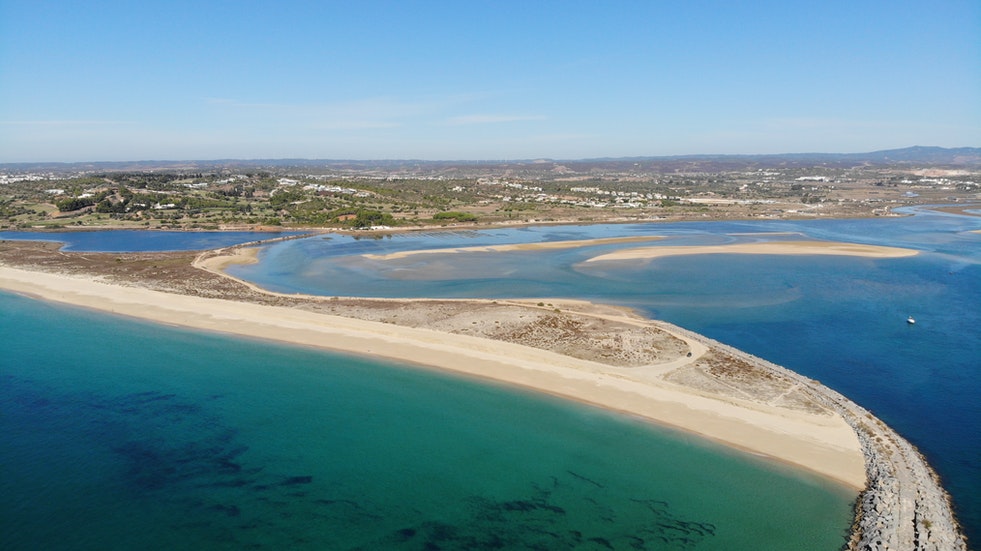The pandemic has given us all cause to re-evaluate our lives and for some that has meant looking beyond our shores to a life elsewhere, but where in the world should you go? In January 2021, an Expat Insider survey asked over 12,000 expat respondents from around the globe to rank destinations under a series of headings such as job security, local economy, quality of life etc. Taiwan ranked first out of 59 destinations for the third year in a row, with Mexico and Costa Rica coming second and third. What is perhaps surprising is that popular tourist destinations in Europe don’t appear in the top ten, in fact Italy, is ranked at 58, the second worst ex-pat tourist destination in the world.
The European exception, which ranks at an impressive number 5, is Portugal. So, what has Portugal got that Italy, hasn’t? Both countries enjoy a rich cultural heritage, evidenced in outstanding architecture and impressive museums but living in a place is very different from the two-week experience of a tourist and as a place to live, Portugal ticks so many of those boxes which make life pleasurable. A crucial factor for any foreign national settling abroad is the safety of their environment: Portugal is ranked the third safest country in the world. Another key factor is the climate, we spend our hard-earned savings chasing the sun, but in Portugal there’s no need, the south of the country enjoys around 300 days of sunshine a year and the short winters are generally mild. We flock to the beach for our holidays but imagine living near some of the best beaches in the world all year round; Portugal has around 1000 miles of coastline, offering beaches to suit all tastes and activities, whether you’re a sunbather or a surfer.
There are 40,000 British nationals who officially reside in Portugal, although according to the British Embassy in Lisbon, the actual number could be much higher. Most British ex-pats choose to live in the south of the country, close to the glorious beaches of the Algarve, recently voted best beach destination in the world. Faro is a particularly popular destination, its international airport meaning that a dash back to the old country is never a problem. House prices in Faro are an average of 478,283 euros, according to data from the Imovirtual property platform, making it a less expensive alternative to the country’s coastal capital, Lisbon. The last ten years have seen a sustained property boom in the south of Portugal, fuelled in part by the country’s attractive ‘golden visa’ scheme which entitles foreign investors buying property in excess of 500, 000 euros to residency rights and freedom of travel within the Schengen area. In addition, mild winters mean moderate heating costs and general living costs are some of the lowest in Europe. Excellent quality local food, especially seafood and the fine wines of Portuguese vineyards are also inexpensive luxuries. All in all, it’s quite a tally of attractions, so perhaps it’s not so surprising that Portugal is such a popular ex-pat destination.


















